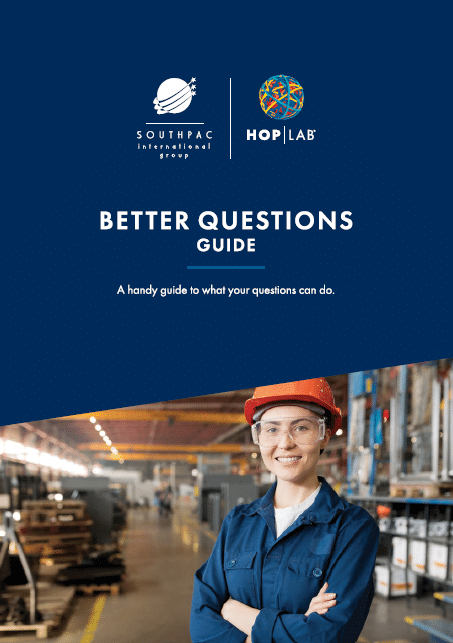Field Insights
Dive into the context and conditions of everyday operations to understand work as normal.
From conversations to ethnographic research methods, Field Insights directly engage with workers at the frontline within their operations to build an accurate picture of normal work.
Undertaking Field Insights helps leaders see how their organisation creates success in everyday work. In addition to identifying any potential roadblocks to achieving this and the conditions and context that influence actions, behaviours and decisions.
How Field Insights help the work
Field Insights provide an understanding of how people at various levels within the organisation get their work activities done (usually successfully). As well as insights into where failures are possible or more likely. The insights provide:
- Company decision-makers with an independent and reflective view of everyday operations;
- The proximity of operations to risks and hazards, and thresholds to recover from unintended consequences;
- Occasions and reasons when planned and actual work differ; and
- An idea of how safety and risk, efficiencies and inefficiencies are produced within the organisation on a daily basis.
Field Insights present an opportunity to develop a valuable complementary perspective to incident prevention. This is achieved by helping organisations learn from and understand everyday work. In this way, they are a proactive operational activity.
Getting Started
Field Insights utilise several methods to examine the performance of humans and organisations and their interactions in an operational context. The insights result from directly engaging with the key stakeholders in their varied roles – for example, the workers, supervisors, engineers, site, and senior managers. Further, the methods involve work observations, conversations and reviewing company documents.
The data is analysed using quantitative and qualitative analysis methods. For instance, statistical analysis, document analysis and thematic analysis. After that, the outcomes are presented, outlining the key findings, learnings, conclusions, and recommendations for improvement.


